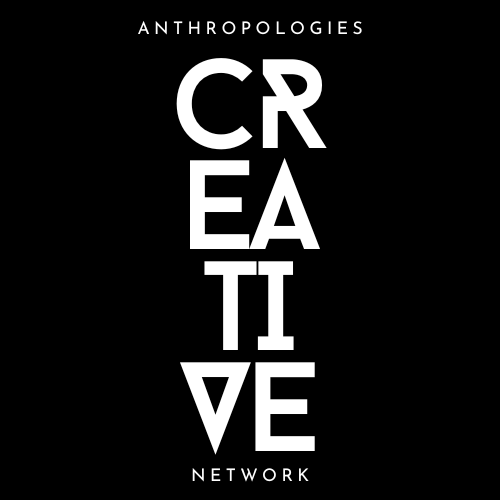The European Association of Social Anthropologists (EASA) is a professional association open to all social anthropologists either qualified in, or else working in, Europe.
The Association seeks to advance anthropology in Europe by organizing biennial conferences, by editing its academic journal Social Anthropology/Anthropologie Sociale, its Newsletter and the two publication series. The Association further encourages and supports thematic networks.
Read more about EASA Join EASA
EASA NEWS
 Results for EASA's executive committee elections
Results for EASA's executive committee elections
The election for the next EASA Exec took place between 16th December 2024 and 15th January 2025.
You can find the results of the elections here >>
 EASA members pass Motion concerning collaborations with Israeli academic institutions
EASA members pass Motion concerning collaborations with Israeli academic institutions
EASA members have voted on the Motion concerning collaborations with Israeli academic institutions. 1455 members voted online (44.5% turnout), with 1137 (78%) voting in favour, 253 (17%) voting against, and 65 (4.5%) abstaining.
 EASA mourns a unique intellectual and remarkably generous colleague, Thomas Hylland Eriksen
EASA mourns a unique intellectual and remarkably generous colleague, Thomas Hylland Eriksen
Our dear colleague Thomas passed away on 27 November, surrounded by his closest family. EASA mourns a unique intellectual and remarkably generous colleague who has inspired an entire generation of anthropologists. Read the committee's obituary.

The EASA members-only moderated forum is a new intitiative where members can debate and post information. We urge all members to engage with each other on the forum respectfully and in the spirit of reflecting the discipline’s ability to deal with complexity and conflicting opinions. The forum will be maintained as an internal tool of communication. Browse EASA forums >>
EASA Academic Mentorship Programme
This free, and fully remote, mentorship programme aims to provide academic guidance and support for early-to mid-career scholars depending on their stage and needs while facilitating long-lasting relationships with mentors and mentees.
 18th EASA Biennial Conference
18th EASA Biennial Conference
EASA2024: Doing and Undoing with Anthropology
University of Barcelona, 23-26 July 2024
The conference was hosted by the Department of Anthropology of Universitat de Barcelona (UB). Catalan and Spanish anthropology have been historically peripheral to the big schools of anthropological research, but in the last decades they have experienced a considerable development, and established an open dialogue and strong ties with European and Latin American anthropology. Call for panels was both in our local languages, Spanish and Catalan, and in EASA´s official languages, English and French.
For older news items see our news archive page.
NETWORK NEWS
For Network events - look to the right sidebar on this page.
New networks
Decolonial Anthropology Network (DAN)
The Decolonial Anthropology Network (DAN) brings together the praxis and the decolonial epistemological corpus. This perspective, whose genesis dates back to the political struggles that took place in the Global South between 1920 and 1970 (Césaire, 2006; Fals Borda, 1987; Fanon, 1963; Kincaid, 1985; Martí, 1891; Padmore, 1956; Reinaga, 1970; Trouillot, 2003), experienced its academic turning point in the 1990s.
Read more here>>>
 Creative Anthropologies Network (CAN)
Creative Anthropologies Network (CAN)
The Creative Anthropologies Network (CAN) carves out new creative spaces for both established and early career anthropologists to encourage experimentation and radical innovation in the production, representation and performance of ethnography. With a strong focus on literary, performative and visual anthropology, CAN seeks to build on existing interactions, and develop new collaborations, between anthropology and the creative arts within and beyond academia.
Read more here>>>
 European Network for Digital Anthropology (ENDA)
European Network for Digital Anthropology (ENDA)
The European Network for Digital Anthropology (ENDA) aims to provide a space and connections for scholars of all career levels bringing together interests ranging from digital heritage, energy, big data, social media, artificial intelligence, sensory and multimodal anthropology, digital visual communication, digital economies and inequalities and algorithmic governance.
Read more here>>>
![]() Anthropology of Surveillance Network (ANSUR)
Anthropology of Surveillance Network (ANSUR)
The aim of the ANSUR network is to provide a space to bring together anthropologists examining ideas and practices of surveillance, as broadly conceived. Surveillance has been studied in many forms by political anthropologists, digital anthropologists, and medical anthropologists among others, but has not yet been subject to an integrated conversation across the discipline.
Read more here>>>







